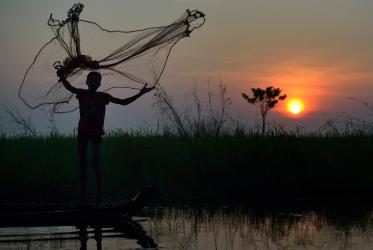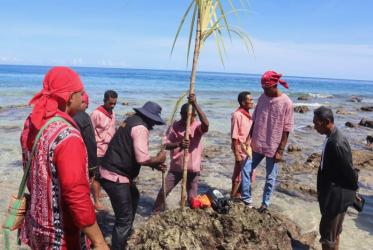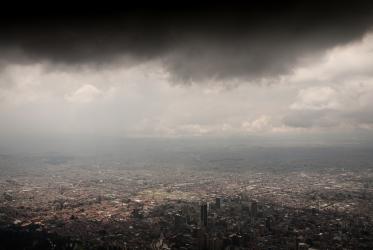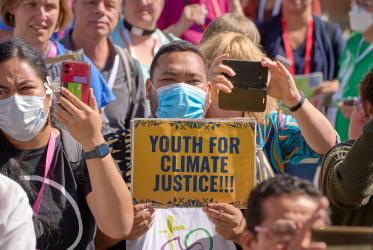Displaying 1 - 20 of 69
A Guide for Churches on the Prevention of Obstetric Fistula
26 October 2023
HIV and AIDS Civil Society Networks and the Faith Sector
Lessons Learnt from Strategic Engagement in India, Dominican Republic, Indonesia, and Jamaica
31 January 2023
















